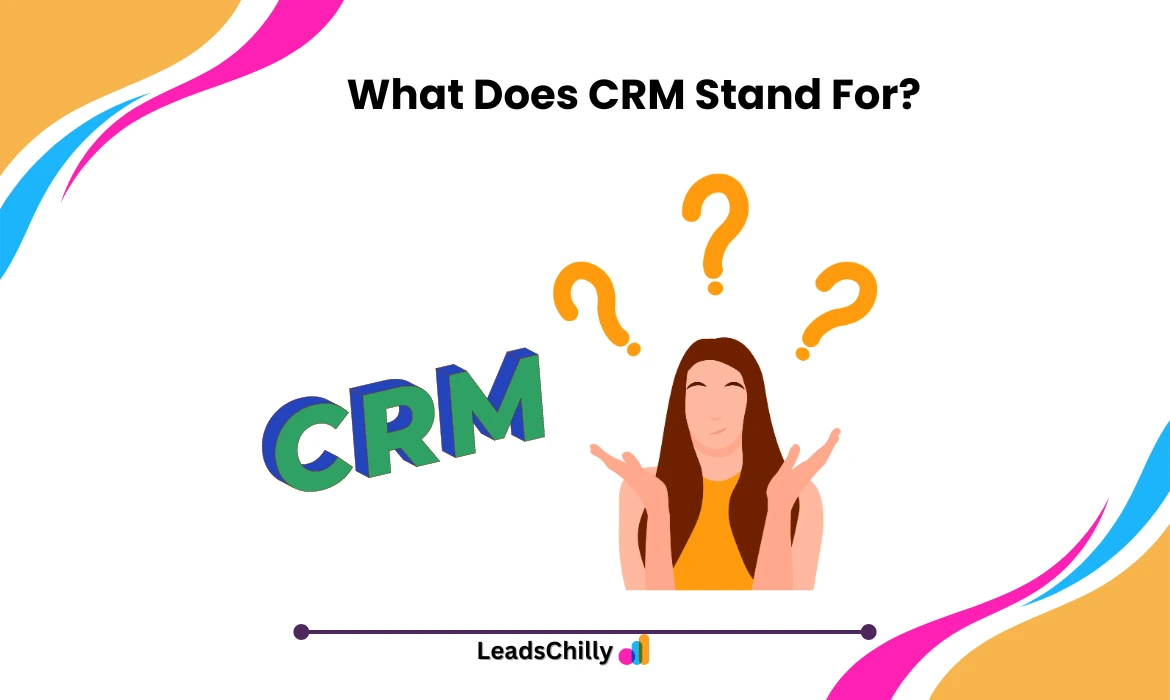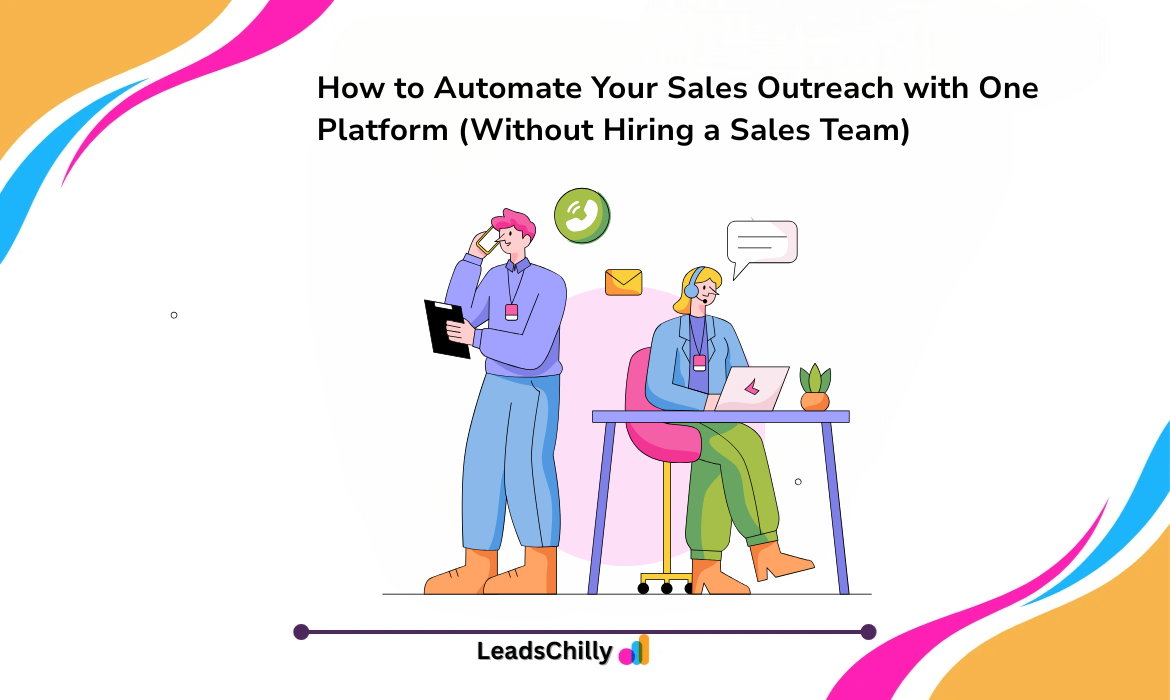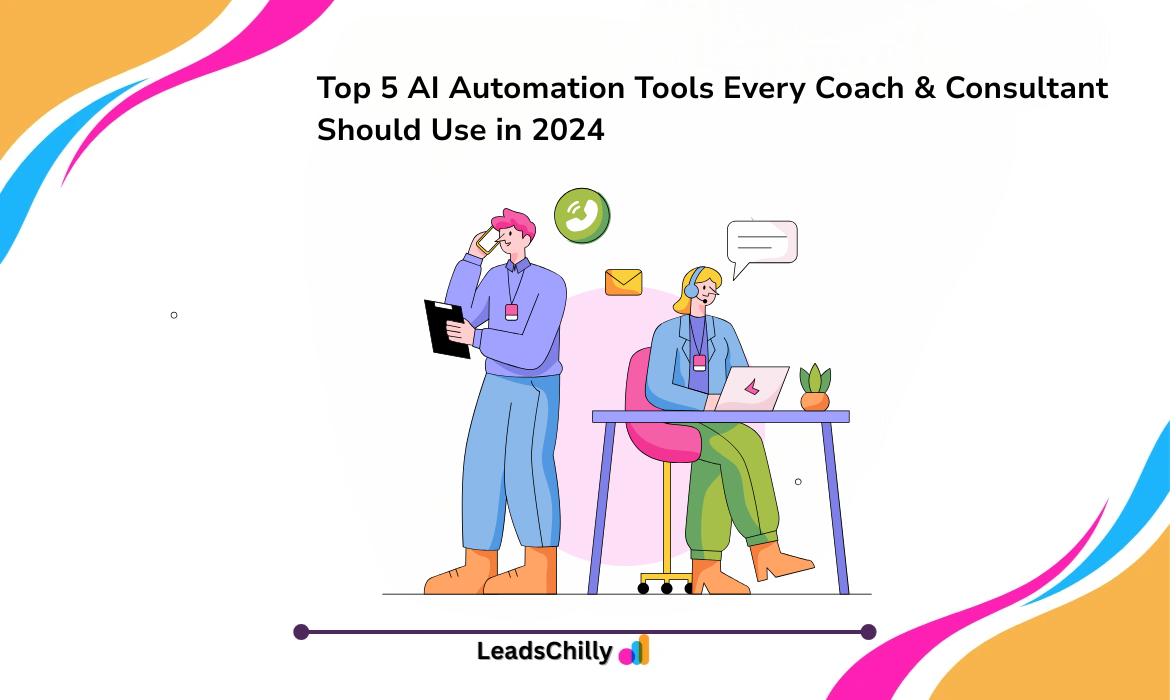Customer relationships are at the heart of every successful business, and that’s where CRM comes in. But what does CRM stand for? It’s Customer Relationship Management, a tool designed to help companies to manage their interactions with customers, improve service, and boost sales.
Industry data shows the U.S. CRM market was valued at $20.5 billion in 2022—a substantial size expected to hit $51.53 billion by 2030. The primary reason for such CRM growth is that more businesses recognize the value it has to offer. Additionally, providers are incorporating more features and integrations each year that expand into other business processes outside of traditional sales and marketing.
Understanding the Basics of CRM
What is CRM (Customer Relationship Management)?
CRM stands for Customer Relationship Management. It’s a system or software that businesses use to manage their interactions with current and potential customers. CRM helps organize data, improve communication, and foster stronger customer relationships.
What is the Purpose of a CRM System?
The main goal of a CRM system is to improve customer service by managing interactions more effectively. It helps businesses streamline operations, track customer history, and provide personalized experiences. CRM systems also automate tasks like follow-ups, making life easier for sales and customer service teams.
What Does CRM Mean in Business Terms?
In business, CRM refers to strategies and tools designed to build better customer relationships. It’s used across departments, from sales and marketing to customer support, ensuring a seamless experience throughout the customer journey.
Types of CRM and Their Benefits
CRM systems come in three major types:
- Operational CRM: Automates day-to-day business processes like sales and marketing.
- Analytical CRM: Analyzes customer data to provide insights for better decision-making.
- Collaborative CRM: Improves communication between departments to enhance the customer experience.
What are the Key Features of a CRM System?
A CRM system offers multiple features, including:
- Contact management: Store and organize customer details.
- Sales automation: Automate sales pipelines, reminders, and follow-ups.
- Marketing automation: Launch email campaigns and track results.
- Customer support: Manage customer inquiries and solve problems faster.
H3: How Can a CRM Help Small Businesses?
For small businesses, a CRM system can:
- Simplify customer tracking.
- Improve sales processes.
- Automate repetitive tasks.
- Help businesses grow by enhancing customer satisfaction.
What is the Difference Between CRM and ERP?
While CRM (Customer Relationship Management) focuses on customer relationships, ERP (Enterprise Resource Planning) handles broader business functions like accounting, inventory, and HR. Both tools help businesses operate efficiently, but CRM is more customer-centric.
What is the Best CRM for Small Businesses?
Some of the best CRM systems for small businesses include:
- HubSpot CRM: Free, easy to use, and packed with essential features.
- Salesforce: Known for its customization and scalability.
- Zoho CRM: Affordable, with robust automation and integration features.
How Does CRM Software Improve Customer Retention?
By using a CRM, businesses can:
- Track customer interactions.
- Provide personalized experiences.
- Resolve issues faster.
- Build loyalty through better customer service.
Implementing CRM Systems in Your Business
How to Choose the Right CRM for Your Business?
When selecting a CRM, consider:
- Business size: Large enterprises may need more features than small businesses.
- Industry needs: Look for CRMs with industry-specific features.
- Budget: Choose between free, subscription, or one-time fee models.
How Much Does a CRM System Cost?
CRM costs vary widely. Options include:
- Free plans (like HubSpot CRM).
- Monthly subscriptions (like Salesforce or Zoho).
- Enterprise solutions for larger businesses with advanced needs.
How Long Does It Take to Implement a CRM?
CRM implementation can take anywhere from a few days to several months. It depends on factors like data migration, team training, and system customization. However, most CRMs offer quick-start guides and support to simplify the process.
Quick Overview Table for LeadsChilly CRM Features
|
Feature |
Benefits |
|
Lead Generation Tools |
Automates finding high-quality leads. |
|
Sales Automation |
Speeds up the sales pipeline with automated follow-ups. |
|
Customer Support Tools |
Ensures faster customer resolution with organized workflows. |
Future Trends in CRM
How is AI Shaping the Future of CRM Systems?
AI is revolutionizing CRM by:
- Predictive analytics: AI can analyze past behavior to predict future trends.
- Chatbots: AI-powered chatbots offer 24/7 customer support.
- Customer insights: AI can detect patterns in customer interactions to enhance personalization.
What Role Does Automation Play in CRM?
Automation in CRM is crucial for:
- Streamlining sales processes: Automated tasks like follow-ups and reminders.
- Marketing campaigns: Launching automated, personalized email marketing campaigns.
- Customer communication: Ensuring quick responses through automated chatbots and emails.
Transform Your Business with Successful CRM Implementation
In conclusion, a well-planned and executed CRM implementation can be a game-changer for your business, driving customer retention, improving communication, and providing valuable insights that fuel growth.
However, the key to unlocking these benefits lies in a strategic approach that aligns with your business goals. Don’t leave your CRM success to chance—partner with LeadsChilly to ensure you get the most out of your CRM investment.
Ready to take the next step? Start your free 14-day trial with LeadsChilly today and see how we can help you transform your customer relationships and drive your business forward.
Frequently Asked Questions
CRM stands for Customer Relationship Management.
CRM helps businesses by improving customer service, automating sales processes, and building stronger relationships.
Yes, CRM tools like HubSpot and Zoho are great for startups because they offer affordable solutions.
HubSpot CRM is a popular choice for its robust features and user-friendly interface.
By tracking leads, managing customer interactions, and automating follow-ups, CRM helps businesses close deals faster.




Comments are closed.